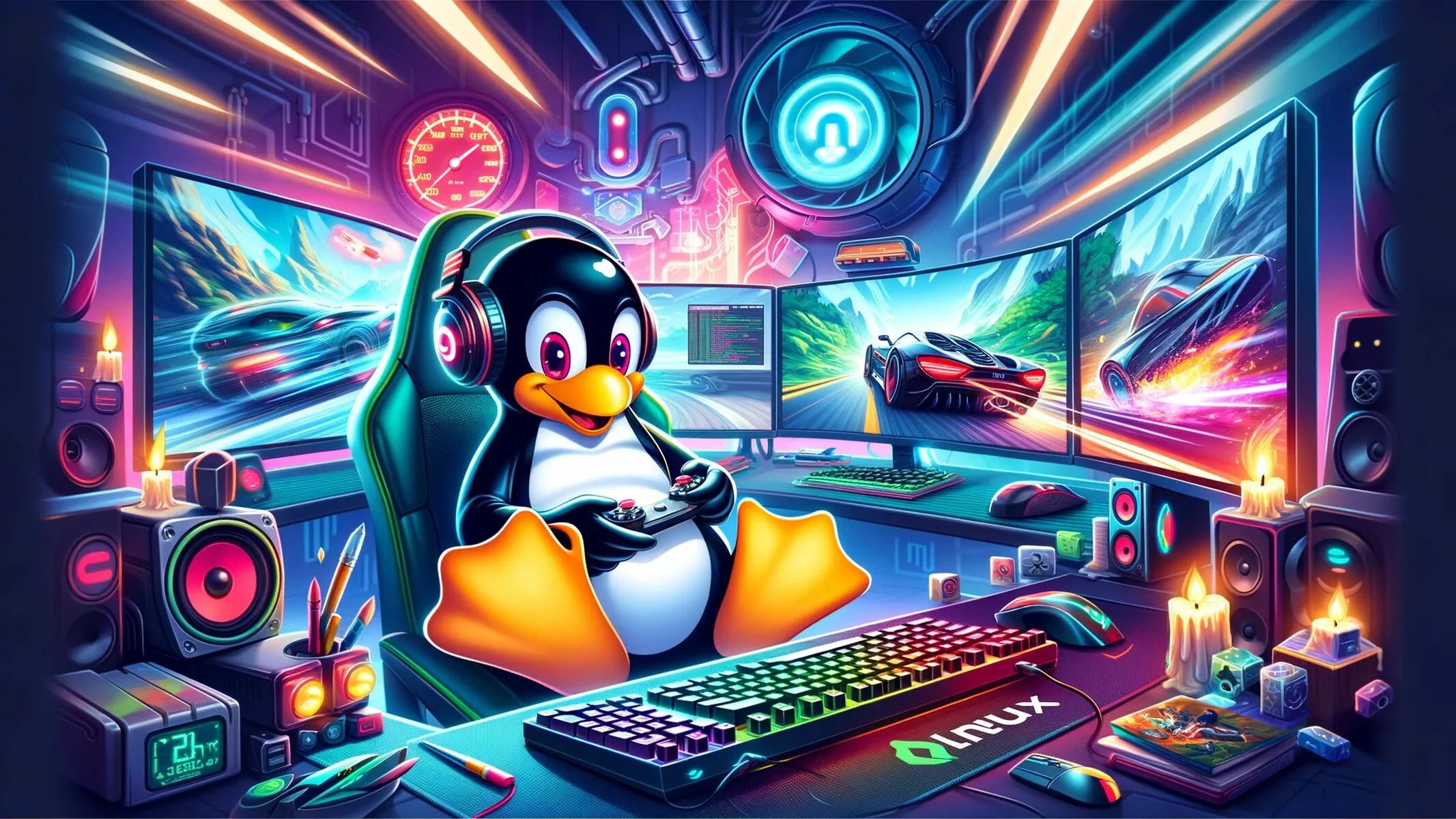As the tech world buzzes with rumours of a subscription-based model for the supposed next iteration of Windows a.k.a. Windows 12, it’s worth taking a closer look at the potential implications for gamers. Yes, gamers who barely ever plonk down any money for an operating system and would forever keep running an unpaid version with the “Activate Windows” watermark seared into their monitors. Could Linux, an open-source alternative, emerge as the better operating system for gamers in the near future? Recent developments in the gaming world, the convergence of gaming platforms, and Valve’s efforts with SteamOS and Proton suggest that this might indeed be the case.
One of the most compelling arguments for Linux as a gaming platform is its surprising performance advantage over Windows in certain cases. Take, for example, the 2019 release of Red Dead Redemption 2. PC gamers were thrilled when it finally made its way to their platform, but what raised eyebrows was its performance on Linux compared to Windows. A PC Gamer article reported that Red Dead Redemption 2 ran faster on Linux than on Windows 10, a revelation that didn’t exactly send shockwaves through the gaming community but did raise a few eyebrows. While the reasons behind this performance disparity may be multifaceted, it’s indicative of Linux’s potential as a gaming powerhouse. The fact that several other video games have since then shown better performance on Linux compared to Windows has only attracted more gamers towards the cult of Linux.
To understand why Linux is gaining ground in the gaming world, we need to explore the underlying basis of operating systems on current-generation consoles. Both Sony’s PlayStation and Nintendo’s Switch have been using custom forks of FreeBSD for a lot many years. FreeBSD isn’t exactly linux but this shift has allowed developers to create games that run seamlessly across different platforms. Linux, with its open architecture, fits naturally into this paradigm.
The flexibility of Linux also extends to its customisation options. Gamers who crave control over their systems can fine-tune Linux to their liking. This ability to optimise the operating system for gaming can result in smoother gameplay, reduced input lag, and overall improved performance. Windows, while versatile, doesn’t always offer the same level of granular control that Linux enthusiasts enjoy. It used to be back in the days of Windows 98 and XP. Over the years, the users have only but lost control over different aspects of the OS.
Valve, the company behind the immensely popular Steam gaming platform, has played a pivotal role in championing Linux as a gaming OS. Valve’s efforts in developing SteamOS, a Linux-based operating system tailored for gaming, have paved the way for a Linux resurgence in the gaming sphere. SteamOS aims to bring PC gaming to the living room, providing a console-like experience with the power of a PC. With Valve’s Proton compatibility layer, users can run a vast library of Windows games on Linux with minimal hassle.
The introduction of Proton has been a game-changer, pun intended, for Linux gaming. Proton, powered by Wine and other open-source technologies, allows Windows games to run seamlessly on Linux, often with little to no loss in performance. This development has shattered the age-old notion that gaming on Linux is a niche endeavour, making it more accessible to a broader audience.
Valve’s commitment to Linux is evident in their ongoing efforts to improve Proton compatibility. They continually update their ProtonDB database, which tracks the compatibility of thousands of Windows games on Linux. This proactive approach ensures that more games become Linux-friendly over time, further diminishing the gap between Linux and Windows gaming.
Despite these promising developments, Linux still faces challenges on its journey to becoming the ultimate gaming OS. Driver support, while much improved, can be inconsistent for certain hardware configurations. Additionally, the Linux gaming library, while growing, doesn’t yet rival Windows in terms of sheer volume. However, as more developers invest in Linux gaming and hardware manufacturers continue to expand their Linux support, these obstacles are gradually being overcome.
The most that’s going to happen should Windows switch to a subscription model is that gamers will defer from upgrading until the point that Windows 11 loses support from game devs. After that, if Linux does indeed offer better performance for free, you might just see more gamers jump and opt for Linux systems.
